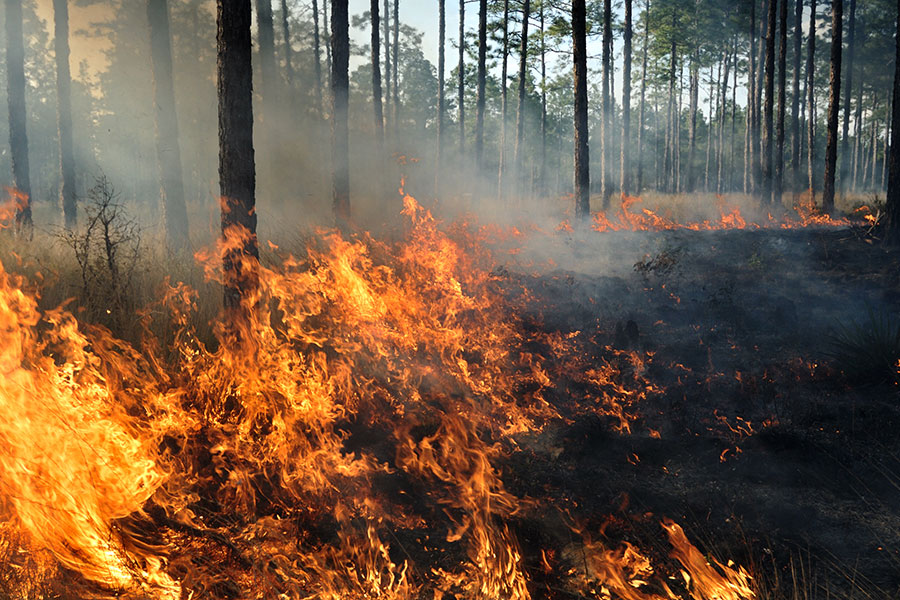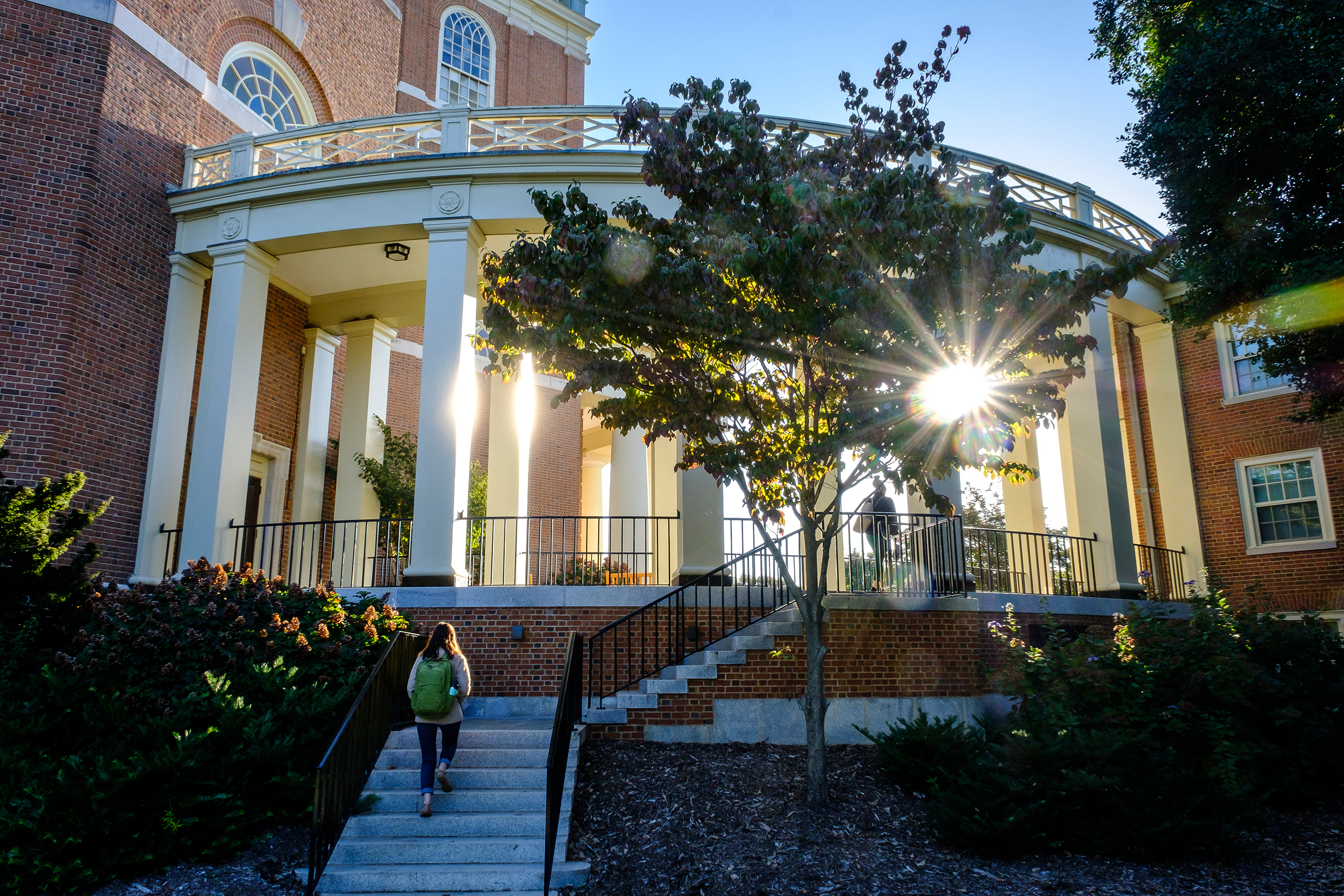WFU professors available for election stories
U.S. SENATE CANDIDATES OFFER N.C. VOTERS SWEEPING CHANGE – Jack Fleer, professor emeritus of political science at Wake Forest University and author of the book “North Carolina Politics,” can comment on the U.S. Senate race between Elizabeth Dole and Erskine Bowles. “The key is that regardless of who is elected, the representation of North Carolina in the U.S. Senate will change significantly from that of Jesse Helms, with his ideologically infused rhetoric and orientation to national policy,” Fleer says. “Both Bowles and Dole are moderates, pragmatic and non-ideological.” If Bowles were to win, it would be a big upset for the White House, which has invested much in Dole’s candidacy, Fleer says. In addition, it would be the first time since 1972 that the Democrats would have both seats in the U.S. Senate from N.C. To arrange an interview with Fleer, contact Cheryl Walker at walkercv@wfu.edu or 336-758-6073.
RECESSION OR WAR: WHAT’S ON VOTERS’ MINDS? – Jac C. Heckelman, associate professor of economics at Wake Forest University who has researched the connection between elections and the economy, says this year’s contest will be determined by whether voters are thinking more about the recession or the possibility of military action in Iraq. “What tends to happen in a recession is voter turnout tends to be lower, and the current party tends to be punished,” Heckelman says. Democrats should fare better in this year’s election, but the staggering economy is giving Republicans an incentive to push the war effort, Heckelman says. “When we are at war, that tends to be the most important thing. To arrange an interview with Heckelman, contact Jacob McConnico at mcconnjn@wfu.edu or 336-758-5238.
MORE MONEY EQUALS ADVERTISING OVERLOAD – The amount of money raised and spent on North Carolina’s U.S. Senate race outstrips funds generated in any of the other 34 U.S. Senate campaigns in the country this year. John Dinan, assistant professor of political science at Wake Forest University who has followed the state’s U.S. Senate race, says residents can expect the additional money to be used for the proliferation of television and radio advertisements. “As a result of the fund-raising sums, as well as the relatively compressed two-month time period for the general election campaign, television and radio airwaves will be filled with advertisements in the days leading up to the Nov. 5 election.” To date, more than $17 million has been raised in the U.S. Senate race and almost $13 million has been spent, Dinan says. To arrange an interview with Dinan, contact Cheryl Walker at walkercv@wfu.edu or 336-758-6073.
REDISTRICTING FAVORS N.C. DEMOCRATS IN U.S. HOUSE – Jack Fleer, professor emeritus of political science at Wake Forest University and author of the book “North Carolina Politics,” says redrawn U.S. House districts could help Democrats gain control of the Congress. “The 8th and 13th Districts in particular will be crucial in determining control of the state delegation to the U.S. House and possibly in determining the majority in the U.S. House overall,” Fleer says. “The Democrats are favored to pick up seats in the U.S. House. North Carolina could make a fairly significant contribution. The 13th District stretches from Raleigh west to Guilford County, and the 8th District runs from Charlotte to Fayetteville. N.C. sends 13 representatives to the 120-member U.S. House of Representatives. Fleer says Democratic control of the House and Senate would make it more difficult for President Bush to get nominees approved for federal positions. To arrange an interview with Fleer, contact Jacob McConnico at mcconnjn@wfu.edu or 336-758-5238.
DO COLLEGE STUDENTS VOTE? – Although campus political groups can become deeply involved in elections, it’s not clear whether students actually make it to the polls come Election Day. “There seems to be a lot of interest among the college party organizations … in terms of working on campaigns,” says Katy Harriger, professor of political science at Wake Forest University who is researching ways to reintroduce college students into public life. “I think that’s rather typical. The bigger question is how many of them actually vote. It has been the lowest in recorded history among the college age group in the last couple of elections. Most of the data suggests right now, that it’s really just a sense of, ‘We’re just too busy.’” Harriger says the number of college-aged people voting is down across-the-board, however, students who have left home for school are at a disadvantage because of the difficulty of absentee voting. “You have to find out how to do it, you have got to get it mailed and there are deadlines. You have to think about the election much earlier than most people actually think about elections.” To arrange an interview with Harriger, contact Jacob McConnico at mcconnjn@wfu.edu or 336-758-5238.



